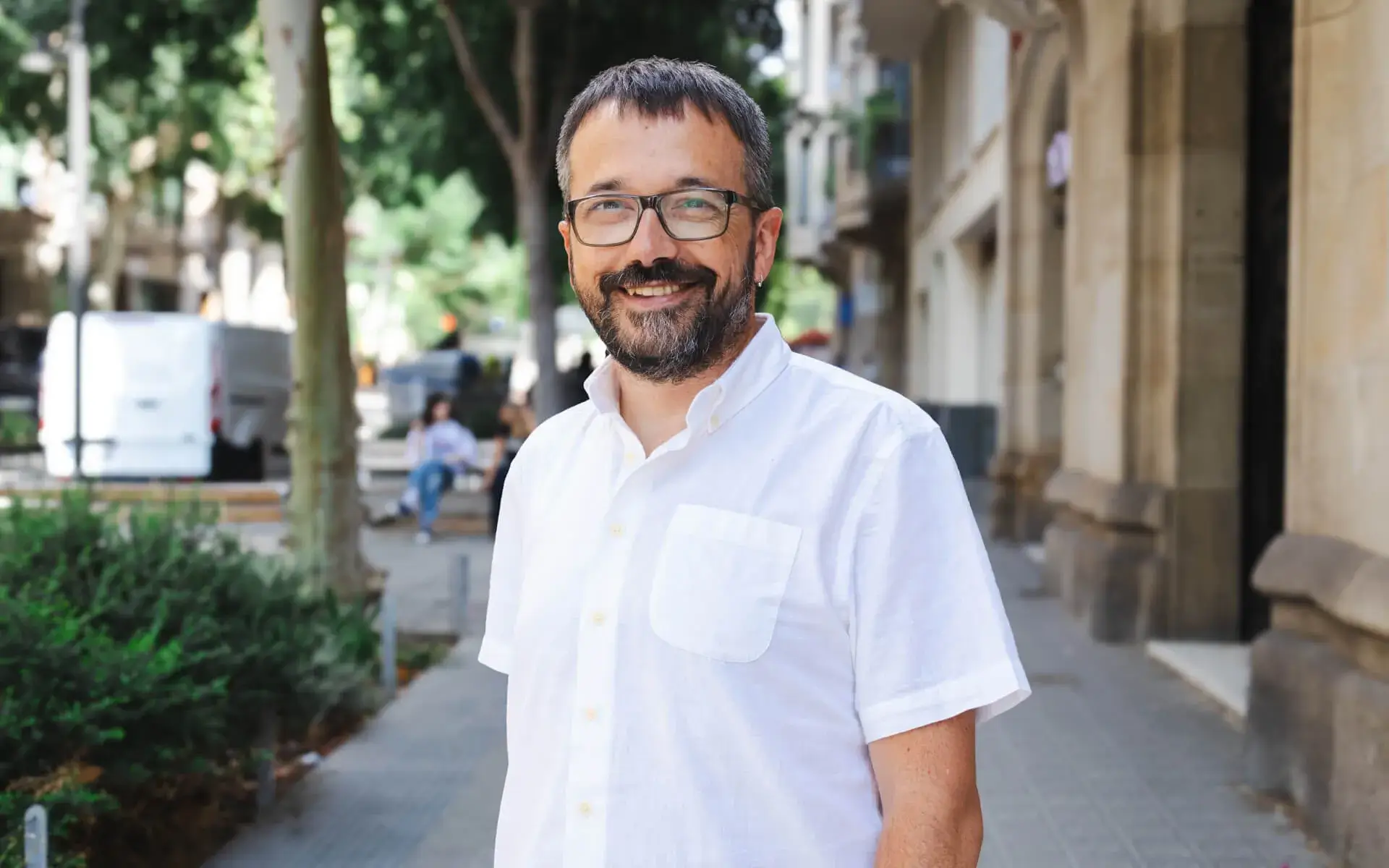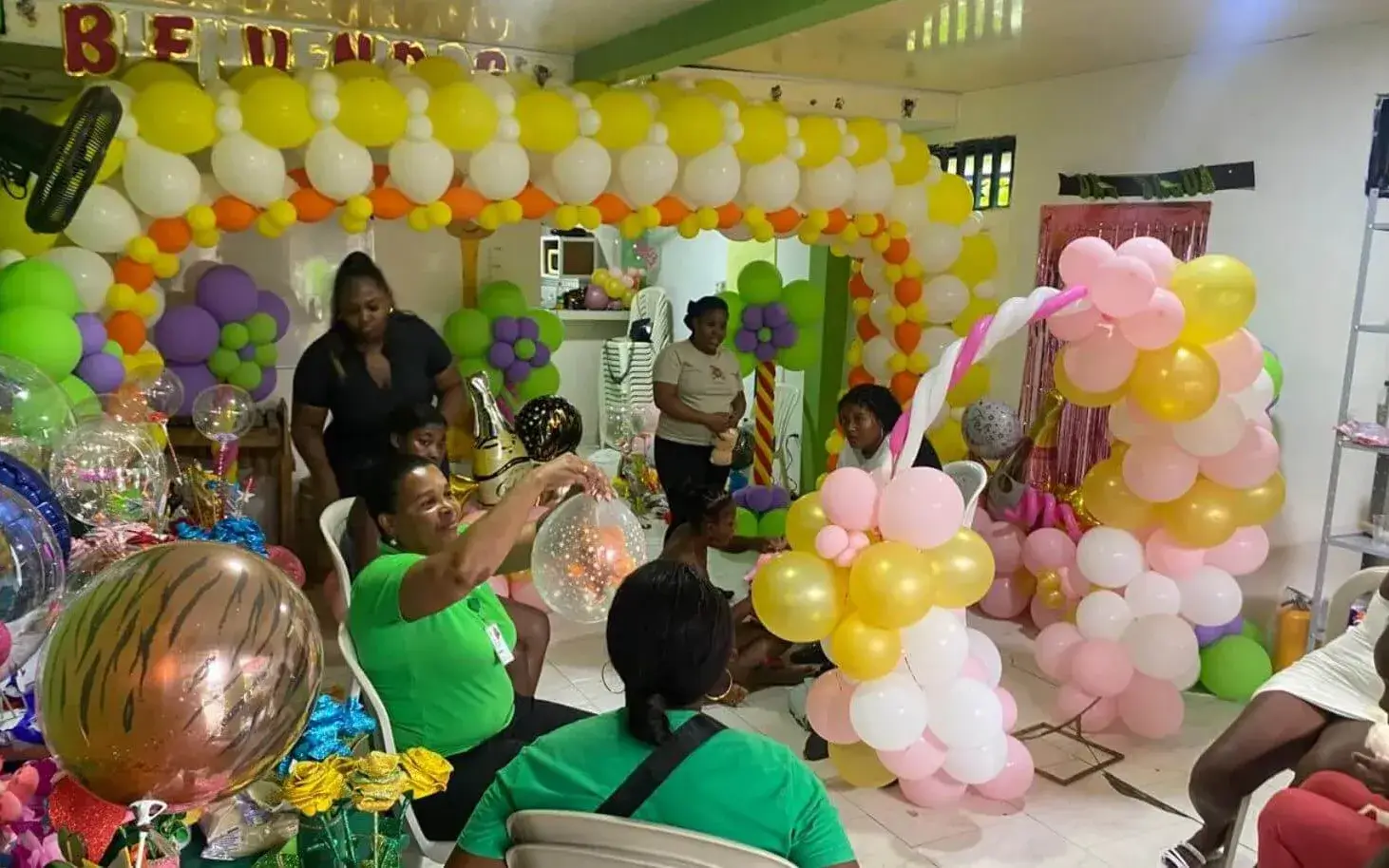By raising awareness among staff and providing tools to unit directors and HR staff to detect, prevent and deal with cases, the project seeks to boost the culture of zero tolerance with sexual harassment.
The Fundació Surt has been, since its inception, a foundation doing action and also research. For 27 years we have accompanies women who have participated in countless European projects, allowing them to study different topics relating to women empowerment. Now, together with four other organizations, they have set up the TEAMWORK project.
This is an initiative aiming to strengthen the fight against sexual harassment at work in Greece, Bulgaria, Catalonia and Italy. By raising awareness among staff and providing tools to unit directors and HR staff to detect, prevent and deal with cases, the project seeks to boost the culture of zero tolerance with sexual harassment.
A phenomenon that remains invisible and rarely reported
From the research unit at Surt, they say that sexual harassment at work may adopt many different forms and could come from a work colleague, a supervisor, a customer or a user. They add that identifying the mechanisms to prevent and deal with these cases requires joining efforts and coordinating policies and practice.
Sexual harassment at work is recognized in international law as a form of male violence and constitutes a serious violation of fundamental rights.
At Surt they denounce that, despite the progress made in the legislative field, and the promotion of specific policies, most cases continue to be invisible and are rarely reported: “Most companies don’t have any specific measures to prevent and deal with cases and in those where they do, they are not always implemented effectively and don’t always safeguard the rights of the victims”.
Call to participation
For detection, they have published two questionnaires on the internet, one for workers and ne for managerial and HR staff. They seek collaboration from citizens to respond to these questionnaires. The more people respond, the better the image of the reality will be.
According to the outcomes of the research, they will develop awareness programmes for staff, virtual tools and training programmes for HR staff and also guidelines review and promote prevention measures and ways to deal with the problem, as well as measures to protect the persons who experience harassment.







Add new comment